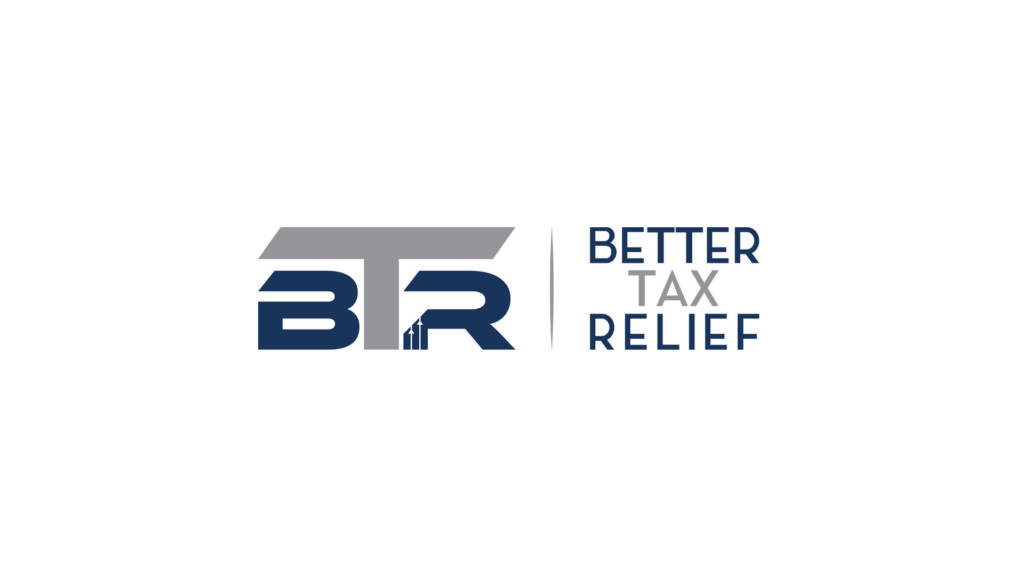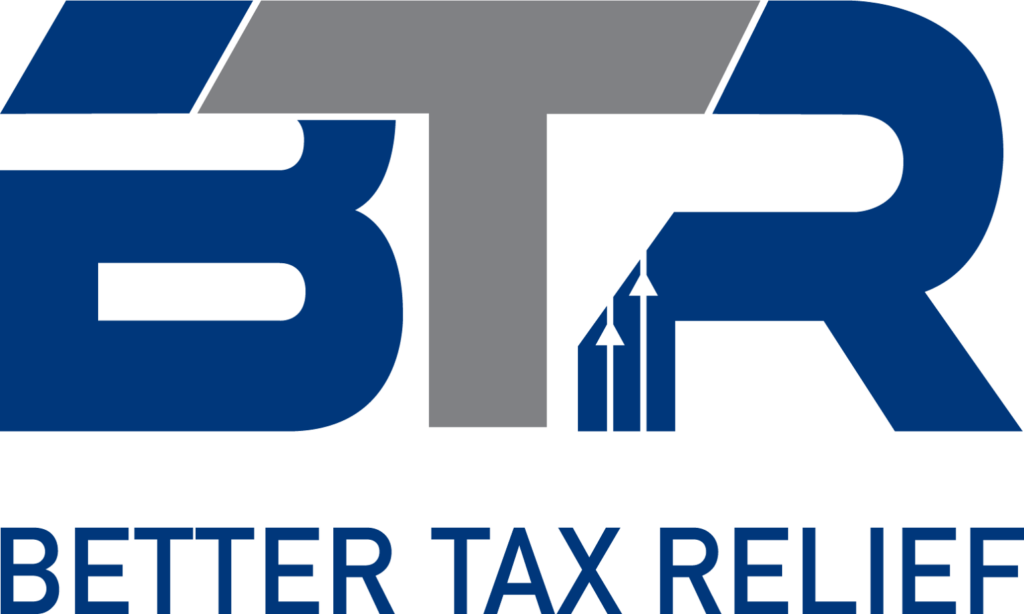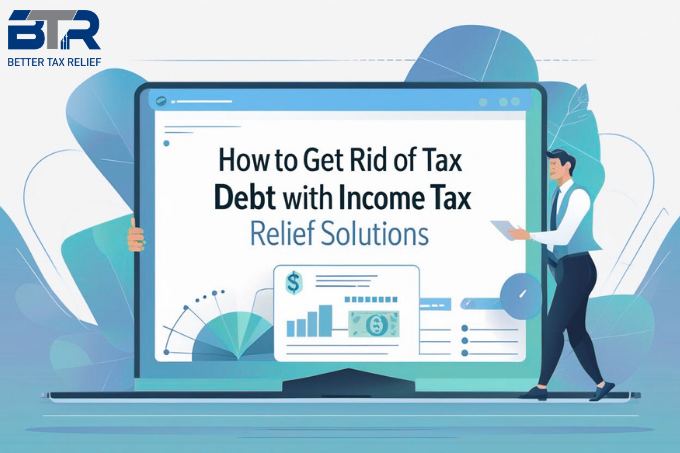Concerns about affordability can deter individuals from seeking assistance from Better Tax Relief. However, engaging our services can often prove more cost-effective for many. IRS tax issues can lead to significant financial implications if left unresolved. Partnering with Better Tax Relief can help mitigate these risks and potentially save you money in the long run. Don’t navigate tax challenges alone. Reach out to us today for expert assistance on Income Tax Relief Solutions.
Here are some tax relief options to take into account:
Proactive measures to reduce income taxes as soon as possible.
Delaying action on your tax delinquencies may lead to a daunting accumulation of letters, fines, and interest from the IRS that could have been avoided. Ignoring correspondence from the IRS only exacerbates the situation, potentially resulting in the forfeiture of certain rights.
Rather than allowing the IRS to dictate the outcome, it’s essential to assertively defend your position and respond appropriately. Taking proactive steps promptly is crucial to averting the myriad complications that arise from procrastination or neglect. Let us assist you in addressing your tax concerns effectively and preventing further escalation of the situation.
Locate Better Tax Relief
There are two types of laws in the field of taxation: laws that establish taxes and the rules that go with them and laws that specify how the Internal Revenue Service (IRS) must function. CPAs will be able to estimate your tax obligations, but only a Better tax relief can assist with the IRS regulations that must be adhered to. Knowing this is essential if you want to deal with the IRS without making mistakes. You should look for a specialist that is knowledgeable about both tax rules.
Don’t Do It Yourself
While it may be tempting to handle your taxes independently, doing so could result in overpayment of taxes. It’s unwise to assume that the IRS will overlook your situation. Effective negotiation with the IRS requires expertise—an individual who comprehends the intricacies of tax laws and knows when and how to apply them to your specific circumstances, strengthening your case within regulatory bounds.
For many taxpayers, navigating the complexities of the IRS can be challenging. When dealing with an IRS agent, being able to pinpoint and address any errors is crucial, especially in a legal setting. Entrust your tax matters to our team of officers who possess the knowledge and skills needed to advocate on your behalf effectively.
Keep in Mind That It’s Not About Playing Fair
IRS agents are skilled at establishing rapport with taxpayers, often giving the impression of providing assistance through their excellent customer service demeanor. However, it’s essential to recognize that they handle numerous cases daily, and you are just one of many individuals they encounter. While their helpful demeanor may enhance their credibility, it’s crucial to remember that they represent the government’s interests, not yours.
Their primary objective is to conclude cases promptly, often resulting in taxpayers facing hefty bills. Given these circumstances, consulting with Income Better Tax Relief can be a prudent decision for many individuals. Our expertise can help navigate the complexities of IRS interactions and ensure your best interests are represented effectively.
Recognize That IRS Agents Are Not Attorneys
Becoming an IRS agent only requires 30 hours of accounting training. When interacting with them, you’re essentially conversing with someone following a scripted guideline. It’s vital to recognize that they do not represent you in court and may not prioritize your best interests. Don’t rely on the assumption that IRS agents will provide you with comprehensive assistance. Instead, seek out a trustworthy source for proper tax guidance.
If you find yourself in need of tax relief, consider reaching out to Better Tax Relief immediately. Our expertise lies in resolving tax disputes with the IRS. If you’re burdened by a substantial tax debt, especially due to bankruptcy, it’s essential to explore your options for repayment or potential discharge. Let us assist you in navigating these complex matters effectively.
If you require tax relief get in touch with Better Tax Relief. We specialize in resolving tax disputes with the IRS.
If you have a large amount of tax debt that you are unable to pay because of bankruptcy, it may be time to explore your options for paying it back or even determining whether it can be discharged.
Fundamentals of Tax Debt
During Chapter 7 bankruptcy proceedings, it’s possible for certain debts to be discharged, offering relief to individuals burdened by tax obligations. Additionally, those filing for Chapter 13 bankruptcy may qualify for a reduction in their unpaid taxes. However, the extent of tax relief available depends on several factors, including the type of bankruptcy filed, the age of the tax debt, the value of assets, and whether the tax debt is considered a non-priority.
The outcome of these considerations may vary, with some individuals potentially having all their tax debt discharged, while others may only qualify for partial relief. If you’re grappling with tax debt and considering bankruptcy, understanding these nuances is crucial. Contact us at Better Tax Relief to explore your options and receive guidance tailored to your circumstances.
Chapter 7 bankruptcy discharge
Find out if you are qualified before filing for a Chapter 7 bankruptcy in order to get your tax burden discharged. You must meet certain income restrictions and demonstrate your eligibility for extraordinary circumstances. If it turns out that you are qualified, you may be able to discharge tax debt if it relates to a tax return that was due more than three years prior to your filing your bankruptcy petition. It might also qualify if it was submitted at least two years ago or assessed at least 240 days ago. You would be automatically disqualified if the tax was paid as a result of an attempt to evade the tax.
It might still be qualified. However, this depends on whether the tax was unsecured or not assessable at the time of declaring bankruptcy. If you don’t file a return or accept an extension, for example, you might not be able to discharge your tax burden under Chapter 7. You will have to hold out on receiving a discharge if you ask for a longer time to file your return. If you are thinking about filing for bankruptcy and have debt that has to be discharged, you should speak with both a bankruptcy and a tax relief attorney.
Chapter 13 bankruptcy discharge
A Chapter 13 bankruptcy discharge will take longer than a Chapter 7 bankruptcy discharge. However, you can be eligible for a reduced payment if your tax debt is unsecured or nonpriority. Determine whether your debts are “priority” in this situation, meaning they must be paid in full. If the tax is from a return that was due three years or less before declaring bankruptcy, the debt is regarded as prioritized.
If the tax was assessed 240 days before filing, it can also be regarded as priority. It won’t be regarded as a priority and will be eligible for discharge if it doesn’t check these boxes. The amount will vary depending on earnings and other considerations that come with bankruptcy planning; however, sometimes the return won’t be much.
Conclusion
It is always advisable to speak with an experienced lawyer who may be able to provide you with further details on your particular case. In the end, each case will need to be examined from a professional standpoint because it is unique.
For income tax relief, call Better Tax Relief at 866-562-1216. We specialize in settling tax disputes with the IRS.
1. What is income tax relief and how does it help with tax debt?
Income tax relief refers to IRS-approved programs that reduce or settle your tax debt, helping you avoid penalties and interest.
2. Can I qualify for IRS tax relief if I have back taxes?
Yes, taxpayers with back taxes may qualify for relief programs like Offers in Compromise or Installment Agreements.
3. How long does it take to settle tax debt with relief solutions?
Depending on the program, it can take a few weeks to several months to resolve tax debt through IRS relief options.
4. Will tax relief affect my credit score?
Tax relief itself doesn’t directly impact your credit score, but resolving tax debt may prevent liens that hurt your credit.
5. Do I need a professional to apply for tax relief programs?
While not required, working with a tax relief expert increases your chances of approval and saves time navigating IRS rules.


